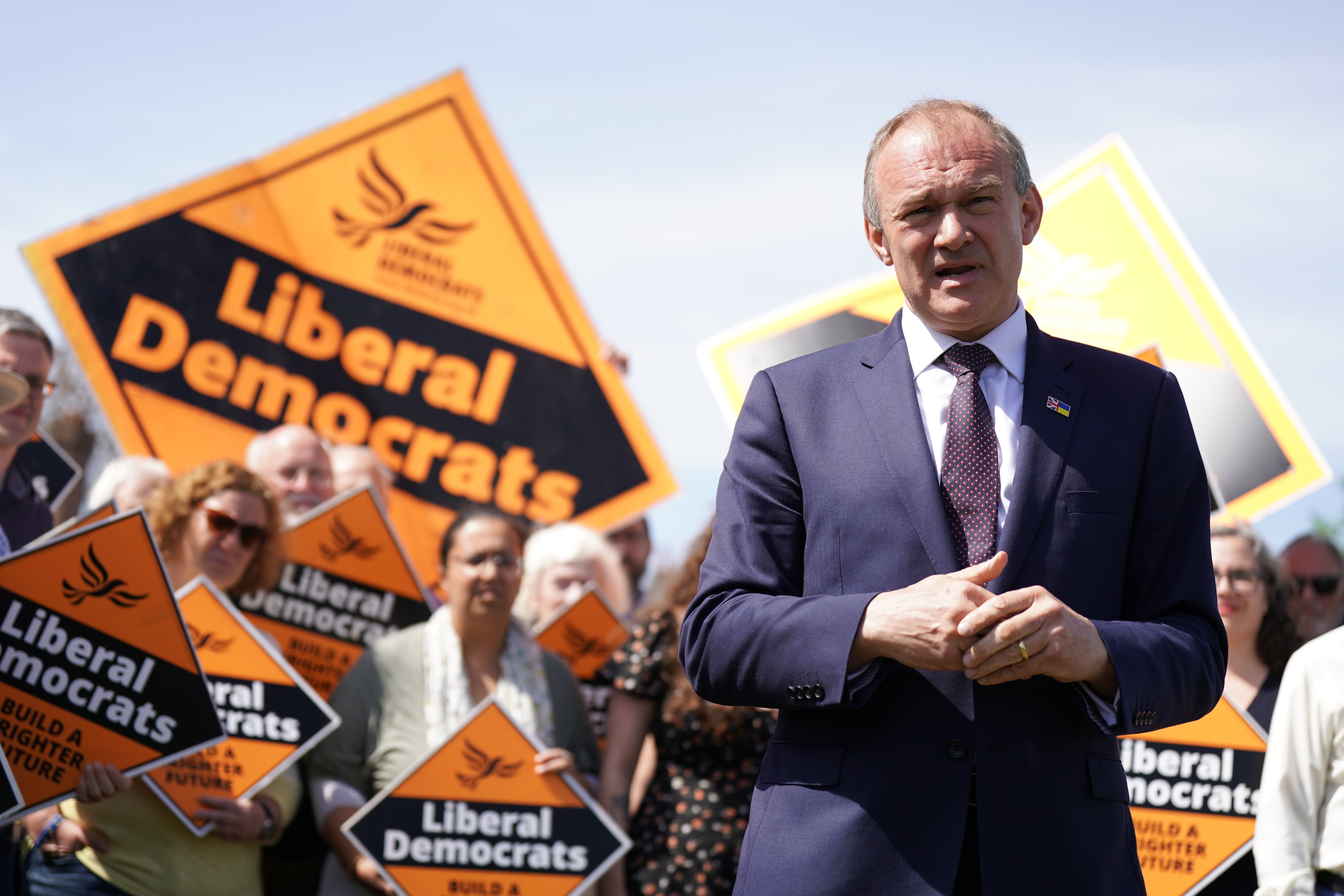Local elections 2022: Key results so far
Boris Johnson admits party suffered a ‘tough night’ as it loses almost 500 council seats
The Conservatives suffered a “tough night” at the hands of voters in parts of England Boris Johnson has admitted, as a series of flagship councils fell amid public anger over Partygate and the cost of living.
The Tories had lost almost 500 council seats – including 341 in England, 63 in Scotland, and 86 in Wales – as of Saturday morning, with only a couple of counts to go in England,
But while Labour took control of three councils in London and recovered ground in Scotland and Wales, the party struggled to make a similar impact in other parts of England – taking around 140 seats in total.
There was cause for joy for the Liberal Democrats who made significant gains, winning more than 220 council seats. The SNP gained another 20 seats, while the Greens enjoyed a successful election – picking up over 75 seats.
Among the key Tory councils to fall was Wandsworth in London – reputedly Margaret Thatcher’s favourite – as well as Westminster, Tory since it was created in 1964.
Mr Johnson insisted that across the country the picture was mixed. But the results led to warnings from Conservative MPs that a leadership challenge against Mr Johnson, whose behaviour during the Partygate scandal was a major issue on the doorsteps, was inevitable.
While the party could point to gaining Harrow council in London, it lost Castle Point, Gosport, Maidstone, Huntingdonshire, West Oxfordshire and Worcester.
Labour leader Sir Keir Starmer declared the results as a major “turning point” for his party. As well as in London, his party took councils including Cumberland, Kirklees, Rossendale, Southampton, and Worthing.
Analysis for the BBC by Professor Sir John Curtice calculated that if the whole country had been voting, Labour would have gained 35 per cent of the vote – five points ahead of the Tories on 30 per cent – the party’s biggest lead in local elections for a decade.
The Lib Dems, meanwhile, won control of councils in Somerset, Westmorland and Furness and Kingston-upon-Hull.
The Lib Dem leader Sir Ed Davey predicted his party would take “blue wall” constituencies from Tory MPs at the next general election, as he declared the party was “winning across the country again”.
The term ‘blue wall’ signifies Tory held seats mainly in the south of England and is a riff on the ‘red wall’ of seats further north that the Conservatives won from Labour at the last general election.

Tory MPs are increasing worried about the security of blue wall seats and a resurgence in support for the Lib Dems across the south and south west, following a disastrous showing for Sir Ed’s party in 2019.
North of the border the Scottish Conservative leader Douglas Ross, who saw his party slip from to third place, said he was in “absolutely no doubt” that voters were sending a message to the government over partygate.
The SNP topped the poll in Scotland, but Labour picked up 20 seats to become the second largest party, while former leader Alex Salmond’s Alba party failed to secure any council seats.
The Conservative leader in Wales, Andrew RT Davies, also blamed the “national picture” for undermining a Welsh Conservative brand, which has been resurgent in recent years, with voters. Labour picked up 67 seats in Wales.

In Northern Ireland Sinn Fein look on course to create history as the first nationalist party to top the polls and win the right to nominate a first minister.
Opposition from the unionist DUP, however, looks set to plunge Northern Irish politics into a stalemate, potentially lasting many months, yet again.
Sinn Fein currently has 18 seats, while the DUP have 12, the Alliance Party eight, the Ulster Unionists (UUP) four and the SDLP on three, with one seat going to TUV leader Jim Allister and one to independent unionist Alex Easton.
This means that it received 29 per cent of first preference votes, compared with 21.3 per cent for the DUP and 13.5 per cent for Alliance.
Join our commenting forum
Join thought-provoking conversations, follow other Independent readers and see their replies
Comments
Bookmark popover
Removed from bookmarks